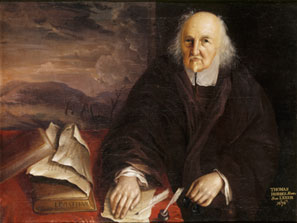The Last Victorian Sage

Gertrude Himmelfarb, 1922–2019
Myron Magnet
January 2, 2020
Gertrude Himmelfarb, our foremost historian of ideas and one of the nation’s greatest historians of any stamp, died Monday at 97. Though a Washingtonian for the last decades of her long and productive life, the Brooklyn-born Himmelfarb was among the last of a storied band of New York Jewish intellectuals—the “Family,” they called themselves—who joined scholarly erudition to wide-ranging social, political, cultural, and ethical concerns far transcending the merely academic. They wrote for an educated general audience eager for the acuity with which they brought the wisdom and experience of the past to bear on the problems of present-day life. Through much reflection and debate, they’d mostly thought their way through the Trotskyist political correctness that prevailed in their student days to arrive at a liberal Americanism that, in time, metamorphosed into their own brand of conservativism. Now, with wonks and pundits, pedants and ideologues, taking their places, and with the “educated general reader” going extinct, today’s intellectuals seem shallow and dull by contrast.
Acerbic in her impatience with foolishness, Himmelfarb particularly scorned the Marxoid view that people’s beliefs and ideals have no independent reality but are just reflections of the material conditions around them. She rejected social-policy theories that give short shrift to cultural life, ignoring what goes on in people’s minds and hearts as a mere reflection of the real reality—the economic reality that should be the focus of our attention. According to this viewpoint, what people think can’t possibly alter the large forces that shape their lives. What determines individual behavior is the environment, not the content of the mind and spirit of the individual—as in, for example, the belief that crime springs from a lack of opportunity. She wasn’t much more sympathetic to social-policy thinkers who consider individuals the authors of their own actions and fates only to the extent that they choose rationally among various economic incentives—a welfare check versus a minimum-wage job, say. To her, this was just another way of saying that individuals merely respond mechanically to the environment: they don’t shape it. Continue reading


